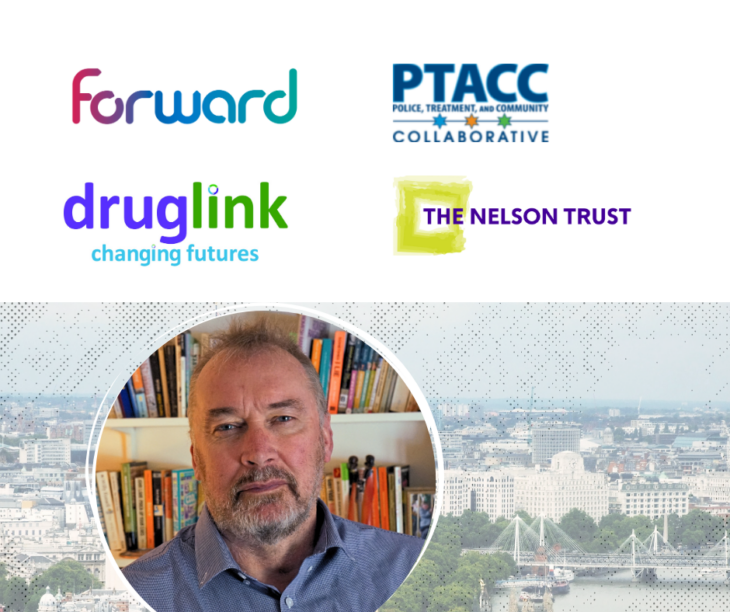House of Lords – Tackling the Emerging International Threat of Synthetic Drugs

There is hardly a week that passes without some mention of nitazenes and synthetic opioids in the news – what are they and why should we be worried?
Nitazenes are laboratory produced drugs which are relatively easy to produce, easier to transport and to mix with other drugs without the consumer knowing what they are taking.
In the UK, nitazenes have been detected in substances sold as heroin, cocaine, benzodiazepines, and cannabis products. And it’s alarming to see that it is now coming in liquid form and put into vapes which is hugely concerning especially for the younger generation.
Like other opioids, nitazenes can cause fatal respiratory depression, and can be a hundred times more potent than heroin. Because of the increase in strength even a small amount can be fatal if this is mixed with other substances it can increase the risk dramatically.
The arrival of this new family of synthetic drugs that can be 100 times more potent than heroin in the UK drug market is terrifying.
Like other organisations working in addiction and recovery support, the Forward Trust has recently issued a national alert to staff warning of the increased risk of deaths by overdose – across the UK, nitazenes have already been linked to 101 deaths between 1 June 2023 and 22 February 2024, according to the National Crime Agency.
A BBC investigation recently found that dozens of illegal suppliers are advertising laboratory-produced nitazenes openly on the internet and sending them in the post from China, where they are being manufactured.
Lessons from America
We have heard about the growing prevalence of Fentanyl in the US and Canada, that is implicated in the shocking overdose death rates in those two countries.
Today [14th May 2024] Forward Trust, Druglink and the Nelson Trust are co-hosting an event in the House of Lords on Tackling the Emerging International Threat of Synthetic Drugs in partnership with the Public Health and Policing Coalition.
We’ll be joined by a delegation of experts from the US and UK who will be sharing their knowledge and expertise of combatting the threat of new and emerging drugs.
- Steve Rolles, Senior Policy Analyst, Transform
- Thom Browne CEO, Colombo Plan
- Joanna Travis- Roberts CEO, International Society of Substance Use Professionals
- Jac A. Charlier, Executive Director, TASC’s Center for Health and Justice
- Ricard Ohrstrom, Chair, C4 Recovery
We can’t afford to be complacent in the UK. What if nitazenes flood the UK market, like Fentanyl has flooded the US market? Will our health systems be able to cope with a big increase in overdoses? Will politicians still remain inactive with annual death rates that go up from 5,000 to 10,000 – or higher?
One thing we have learnt in responding to drug markets over the years is that it pays to act early before a problem gets out of control. There is some good work going on to get early intelligence about nitazenes appearing in the UK, and today’s event in the House of Lords will help to share this good practice amongst law enforcement and public health services to intervene quickly.
But this work needs to be expanded rapidly, and a drive to warn potential users about the risks of these new and potent drugs, and how to keep themselves safe, needs to be implemented before too many lives are lost.
John Trolan, CEO Nelson Trust said:
“We’re grateful to PTACC for organising this timely presentation of what we can expect from a synthetic drug epidemic. We’re already seeing the tragic consequences for victims, families and communities and I know the co-hosts of the event are keen to work together to find effective solutions to the challenges and problems synthetic drugs will increasingly create.”
Derek Heath, Chief Executive at Druglink, said:
“We are honoured to be co-sponsoring this event, and we are also very grateful that such an important issue is being approached with so many key services working together to tackle this potential danger. As providers of care to people struggling with substance misuse we see first-hand the effects of new substances hitting the market. Industry experts coming together to collaboratively educate people on this danger is indispensable and we are really delighted to be part of this group.”